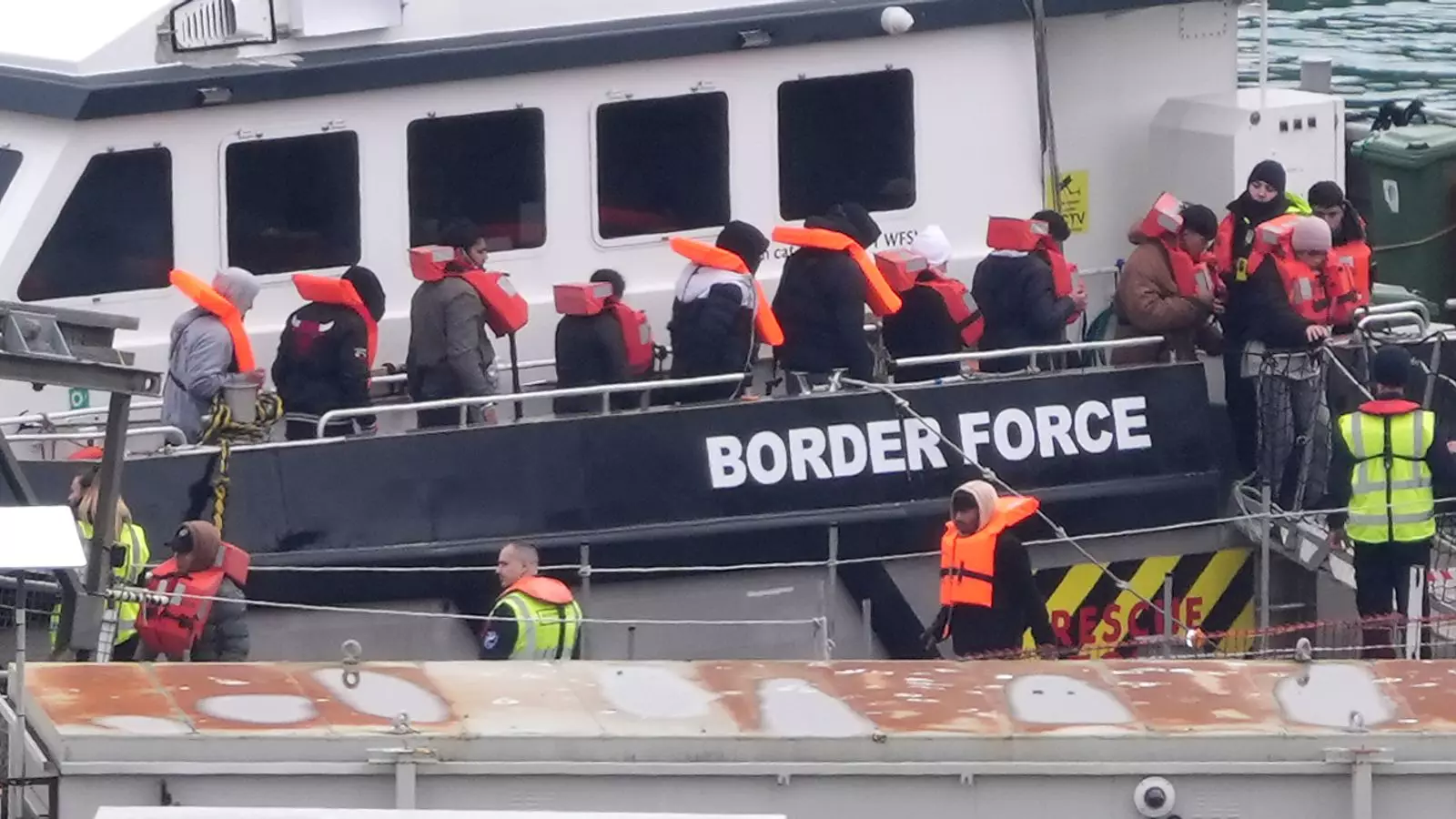The issue of small boat arrivals in the UK has reached a critical point, with more than 5,000 people arriving by the end of March, marking a significant increase compared to previous years. Government figures show that over 100 small boats have crossed the Channel this year alone, making it the busiest first quarter on record.
The rising number of crossings poses a challenge for policymakers, particularly for Rishi Sunak, who pledged to stop the boats before the general election. The Home Secretary, James Cleverly, has raised concerns about asylum seekers using religious conversion as a tactic to avoid being deported to their home countries. This issue came to the forefront following the case of Abdul Ezedi, a convicted sex offender who was later implicated in a criminal act in London after being granted asylum based on his conversion to Christianity.
The situation has caused a rift between the government and the Church of England, with Cleverly warning the church about the risks of enabling individuals to exploit the asylum system. However, Archbishop of Canterbury Justin Welby emphasized in his Easter Sunday sermon the need to confront evil and suffering, regardless of the political implications. There is also tension between the Church of England bishops and the government’s Rwanda plan, which aims to deport all asylum seekers to Rwanda.
Labour has criticized the government’s handling of the situation, stating that the increasing number of small boat crossings indicates a potential tragedy waiting to happen. The opposition party has raised concerns about the effectiveness of current policies and called for stronger measures to address the issue.
The escalating number of small boat arrivals in the UK presents a complex challenge for policymakers, law enforcement, and humanitarian organizations. It is crucial to find a balance between ensuring national security and upholding human rights, while also addressing the root causes that drive individuals to make dangerous crossings. Collaboration and dialogue between all stakeholders, including the government, religious institutions, and opposition parties, will be essential in finding a sustainable and compassionate solution to this pressing issue.

Leave a Reply